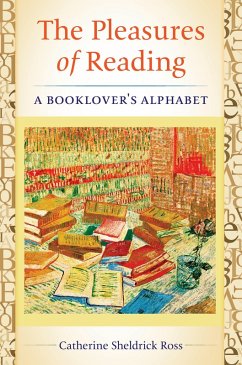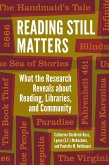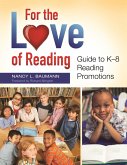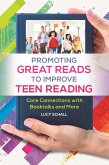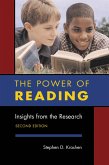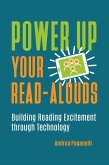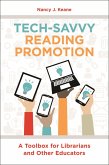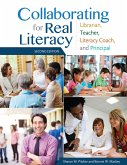Based on years of ground-breaking research, this book supplies a look at the unique relationship between each text and the individual reader that results in a satisfying, pleasurable, and even life-changing reading experience.
Following up on her critically acclaimed Reading Matters: What the Research Reveals about Reading, Libraries, and Community, Catherine Sheldrick Ross takes a new look at pleasure reading through 30 thought-provoking essays based on themes arranged from A to Z. In short lively chapters, she discusses topics ranging from "Alexia," "Bad Reading," and "Changing Lives" to "Romance Fiction," "Self-help," "Titles," "Vampires," and "Year of Reading." Drawing on her own research as well as other published sources, Ross comments on the significance of each theme, provides examples of the phenomenon, and develops the topic chronologically, through further examples, or through reversals.
The essays are unified by an underlying theory of reading that views readers as sense-makers, actively engaged in reading themselves into the text and reading the texts back into their own lives. It gives educators and librarians insights into their roles with readers and offers a message about the importance of pleasure reading. A short list of resources for further reading is supplied with each topic.
Following up on her critically acclaimed Reading Matters: What the Research Reveals about Reading, Libraries, and Community, Catherine Sheldrick Ross takes a new look at pleasure reading through 30 thought-provoking essays based on themes arranged from A to Z. In short lively chapters, she discusses topics ranging from "Alexia," "Bad Reading," and "Changing Lives" to "Romance Fiction," "Self-help," "Titles," "Vampires," and "Year of Reading." Drawing on her own research as well as other published sources, Ross comments on the significance of each theme, provides examples of the phenomenon, and develops the topic chronologically, through further examples, or through reversals.
The essays are unified by an underlying theory of reading that views readers as sense-makers, actively engaged in reading themselves into the text and reading the texts back into their own lives. It gives educators and librarians insights into their roles with readers and offers a message about the importance of pleasure reading. A short list of resources for further reading is supplied with each topic.

